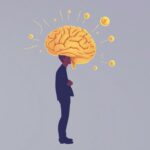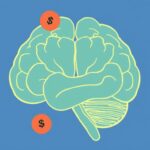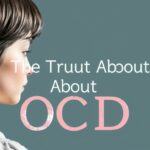Sleep and Mental Health: The Vital Link
Sleep and mental health share a deep, intricate connection that affects almost every aspect of our daily lives. Whether it’s the quality of our dreams, our ability to focus, or our emotional resilience, sleep plays a pivotal role in our psychological well-being. You might have heard that a good night’s sleep is essential, but understanding why it matters so much for mental health can empower us to make better choices and improve our overall quality of life. In this article, we’ll explore the vital link between sleep and mental health, uncover scientific insights, and offer practical tips to help you harness the power of sleep for your emotional and psychological well-being.
Why Sleep Matters for Mental Health
Sleep isn’t just about rest. It’s a complex biological process that rejuvenates the brain, impacts mood regulation, and supports cognitive functions. When you sleep well, your brain processes emotions more effectively, balances hormones better, and restores chemical imbalances that can lead to stress or depression. Conversely, poor sleep can provoke or exacerbate mental health issues like anxiety, depression, bipolar disorder, and even affect neurodegenerative diseases.
Several studies demonstrate a strong correlation between inadequate sleep and increased risk of mental health disorders. For example, people who experience chronic insomnia are more likely to report symptoms of depression and anxiety. Sleep problems can become both a symptom and a cause of mental health struggles, making it critical to address sleep disturbances early.
The Sleep Cycle and Its Impact on the Brain
Our sleep consists of several stages, broadly divided into Rapid Eye Movement (REM) and Non-REM sleep. Each stage has unique functions essential to brain health:
| Sleep Stage | Description | Mental Health Significance |
|---|---|---|
| Non-REM Stage 1 & 2 | Light sleep, transition from wakefulness | Helps in relaxation and sets the stage for deeper sleep |
| Non-REM Stage 3 (Deep sleep) | Restorative sleep, slow brain waves | Critical for immune function, memory consolidation, and emotional regulation |
| REM Sleep | Active brain, vivid dreams | Important for emotional processing, mood regulation, and creativity |
Sleep and mental health are linked heavily through these stages. For instance, REM sleep facilitates emotional healing and helps reduce stress and anxiety. Deprivation of REM sleep can lead to heightened emotional reactivity and symptoms may mimic those seen in mood disorders.
How Sleep Deprivation Affects Mental Health
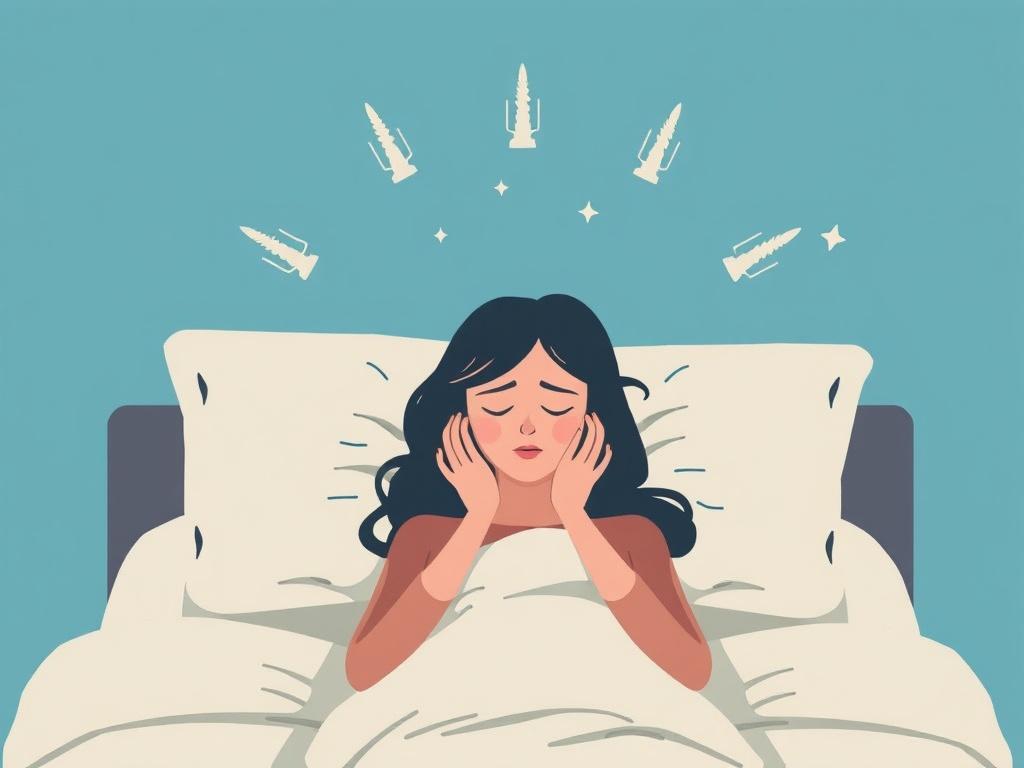
Imagine trying to function after a night of restless tossing and turning or no sleep at all. Sleep deprivation affects the brain’s prefrontal cortex—the area responsible for decision-making and impulse control—and the amygdala, which processes emotions like fear and anxiety. When these areas become unbalanced due to lack of sleep, people may experience mood swings, irritability, decreased motivation, and difficulty concentrating.
- Anxiety and Sleep: Sleep deprivation raises cortisol (the stress hormone), which fuels anxiety and panic attacks.
- Depression and Sleep Disorders: Insomnia is a common symptom in depression, but lack of sleep can create a vicious cycle, worsening mood symptoms and leading to further sleep disturbances.
- Bipolar Disorder: Sleep disruption often triggers mood episodes, making stable sleep patterns essential for management.
- Post-traumatic Stress Disorder (PTSD): Sleep disturbances and nightmares often exacerbate PTSD symptoms.
Even short-term sleep deprivation can reduce emotional resilience. Mental health and sleep share a bidirectional relationship—improving one can positively influence the other, but neglecting either can spiral into ongoing difficulties.
The Role of Circadian Rhythms in Mental Health
Another crucial piece of the puzzle is the circadian rhythm, our internal biological clock that regulates the sleep-wake cycle. This clock relies heavily on environmental cues, mainly light, to function.
Disruptions to circadian rhythms—caused by shift work, jet lag, or irregular sleep schedules—have been linked to mood disorders, increased risk of depression, and suicidal ideation. Keeping a consistent sleep routine strengthens circadian rhythms, which in turn supports better mental health outcomes.
Common Sleep Disorders Linked to Mental Health Problems
It’s important to understand how specific sleep disorders intersect with mental health issues. Here are some of the most prevalent sleep disorders and their connections:
| Sleep Disorder | Description | Associated Mental Health Concerns |
|---|---|---|
| Insomnia | Difficulty falling or staying asleep | Depression, anxiety, increased stress, and impaired cognitive function |
| Sleep Apnea | Obstructed breathing during sleep | Mood disturbances, daytime fatigue, increased risk of depression |
| Restless Leg Syndrome (RLS) | Uncomfortable sensations leading to urge to move legs | Sleep disruption, anxiety, and lowered quality of life |
| Narcolepsy | Excessive daytime sleepiness and sudden sleep attacks | Anxiety, depression, social isolation due to symptoms |
Recognizing and treating these disorders is crucial for both improving sleep and alleviating related mental health symptoms.
How To Improve Sleep For Better Mental Health
Improving sleep hygiene can dramatically enhance mental well-being. Here are practical steps you can take:
- Maintain a Consistent Sleep Schedule: Go to bed and wake up at the same time every day, even on weekends.
- Create a Relaxing Bedtime Routine: Avoid screens, caffeine, and stimulating activities before bed.
- Optimize Your Sleep Environment: Make your bedroom dark, cool, and quiet.
- Limit Naps: Especially in the late afternoon or evening, to avoid disrupting nighttime sleep.
- Exercise Regularly: Physical activity promotes better sleep but avoid vigorous exercise too close to bedtime.
- Mindfulness and Relaxation Techniques: Practices like meditation, deep breathing, or progressive muscle relaxation can calm your mind.
- Seek Professional Help: If you suspect a sleep disorder or persistent mental health issues, consulting a healthcare provider is paramount.
The Science Behind Sleep and Emotional Regulation
Interestingly, scientists have discovered that during sleep, especially REM sleep, the brain processes emotional experiences in ways that help us regulate feelings. When you dream, your brain is reactivating emotional memories but without the same intensity of stress hormones present when you are awake. This process can reduce the emotional charge linked to troubling memories, allowing you to approach them more calmly during daytime.
Sleep deprivation disrupts this natural emotional detoxification. This is why poor sleep can lead us to feel overwhelmed or overly sensitive to emotional stimuli.
Sleep and Cognitive Function: The Connection to Mental Health
Another integral link between sleep and mental health is found in the cognitive domain. Sleep is vital for functions like memory consolidation, attention, and problem-solving skills. When sleep is insufficient, cognitive impairments can cause increased frustration, reduced productivity, and even trigger symptoms like paranoia and hallucinations in severe cases.
The cognitive decline from inadequate sleep can worsen mental health disorders, creating another vicious cycle of diminished wellness.
How Technology and Lifestyle Impact Sleep and Mental Health
In today’s digital age, technology plays a substantial role in shaping our sleep patterns—and by extension, our mental health. Blue light emitted from smartphones, tablets, and computers interferes with melatonin production, the hormone responsible for sleep onset, making it harder to fall asleep.
Additionally, lifestyles that prioritize constant connectivity, irregular work hours, and high levels of stress limit the time and quality of sleep we get. This has substantial consequences on mental health:
- Increased risk of anxiety and depression
- Decreased ability to manage stress
- Lower emotional resilience
Learning how to create healthy boundaries with technology and manage stress levels are vital steps toward safeguarding both sleep and mental health.
Sleep, Nutrition, and Mental Health: The Triad of Well-being
Nutrition also bears an indirect but powerful influence. Certain foods promote better sleep by supporting melatonin and serotonin production—neurotransmitters intricately linked to mood regulation. Magnesium, B vitamins, and tryptophan-rich foods like turkey, nuts, and seeds are known to improve sleep quality.
Conversely, excessive caffeine, sugar, and alcohol consumption can negatively impact sleep and mental state. Balancing nutrition, sleep, and mental health creates a holistic approach toward sustained well-being.
Sleep and Mental Health Across Different Age Groups
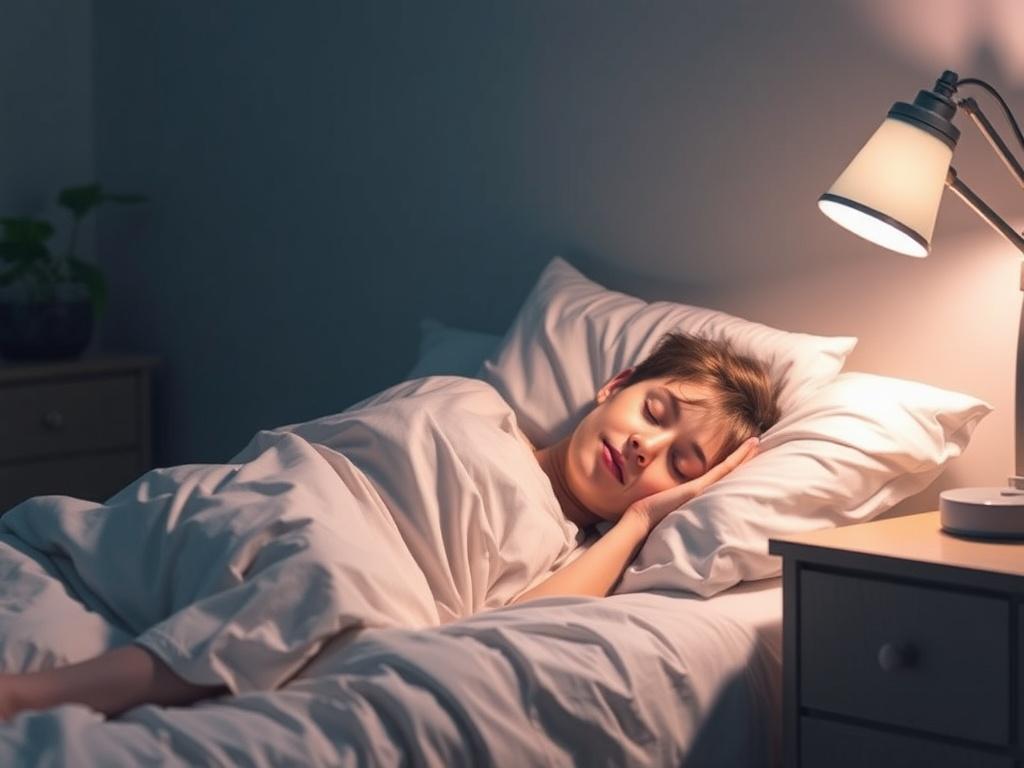
The connection between sleep and mental health is not one-size-fits-all. Each stage of life has unique challenges and needs:
| Age Group | Sleep Needs | Mental Health Considerations |
|---|---|---|
| Children & Adolescents | 8-10 hours per night recommended | Sleep deprivation linked to behavioral issues, mood disorders, and academic problems |
| Adults | 7-9 hours per night | Stress, work demands, and lifestyle choices impact sleep; poor sleep increases risk of anxiety and depression |
| Elderly | 7-8 hours per night but often fragmented | Higher prevalence of sleep disorders; poor sleep correlates with cognitive decline and depression |
Understanding these variations can help tailor sleep hygiene recommendations to improve mental health throughout life.
The Role of Therapy and Medication in Sleep and Mental Health
For some individuals, sleep and mental health challenges require professional intervention. Cognitive Behavioral Therapy for Insomnia (CBT-I) is an effective treatment approach that targets the thoughts and behaviors negatively influencing sleep. It has shown significant benefits for people suffering from insomnia and co-occurring mental health disorders.
In some cases, medication may be prescribed for short-term relief of sleep disturbances, though these should be used cautiously and under medical supervision due to risks of dependency and side effects.
Practical Tips To Cultivate Healthy Sleep and Protect Mental Health
To wrap up, here’s a simple checklist of habits that anyone can adopt to strengthen the link between sleep and mental health:
- Set a regular sleep time and stick to it.
- Reduce screen exposure at least one hour before bedtime.
- Create a relaxing environment free from noise and light distractions.
- Practice relaxation routines like meditation or deep breathing.
- Limit caffeine and heavy meals in the evening.
- Stay active but avoid vigorous exercise right before bed.
- Seek professional help if experiencing chronic sleep or mental health problems.
By consciously protecting your sleep, you’re investing in your mental health, emotional balance, and overall quality of life.
Conclusion
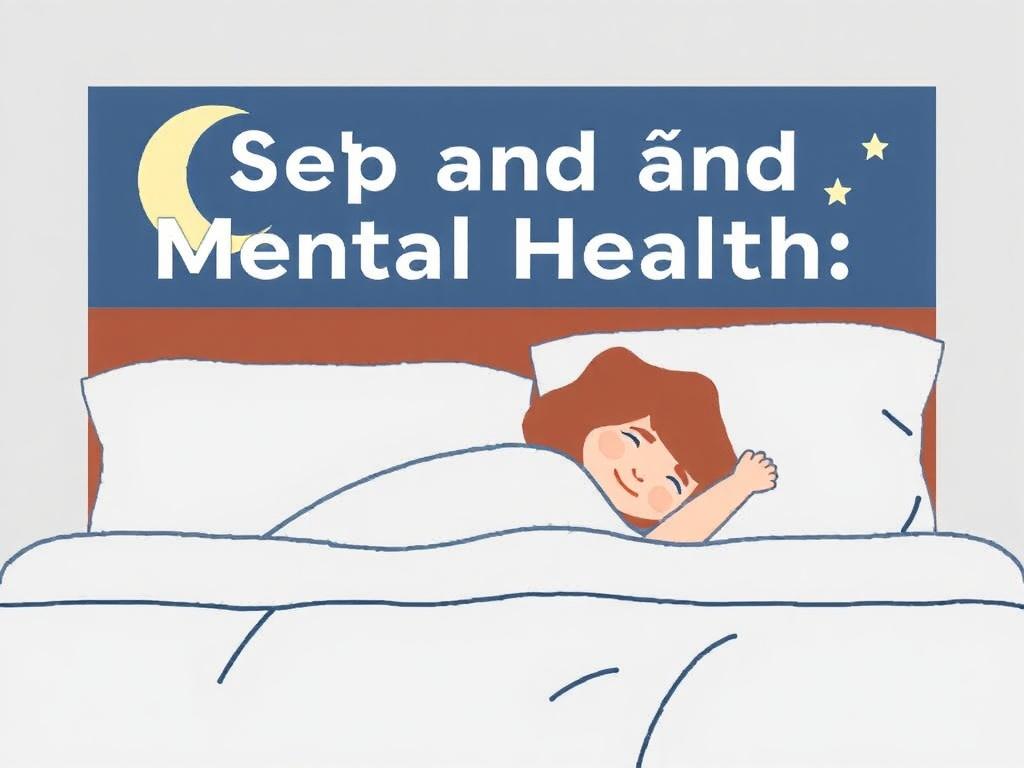
Sleep and mental health are profoundly intertwined, forming a dynamic relationship that influences our daily emotions, cognitive function, and long-term psychological well-being. Poor sleep can fuel mental health challenges like anxiety and depression, while mental health issues can disrupt restorative sleep, creating a challenging cycle to break. However, understanding this vital link empowers us to prioritize good sleep hygiene, mindful lifestyle choices, and timely professional support. By doing so, we nurture a foundation of mental wellness that can sustain us through life’s ups and downs, highlighting that improving sleep quality is one of the simplest yet most powerful steps towards achieving better mental health.



